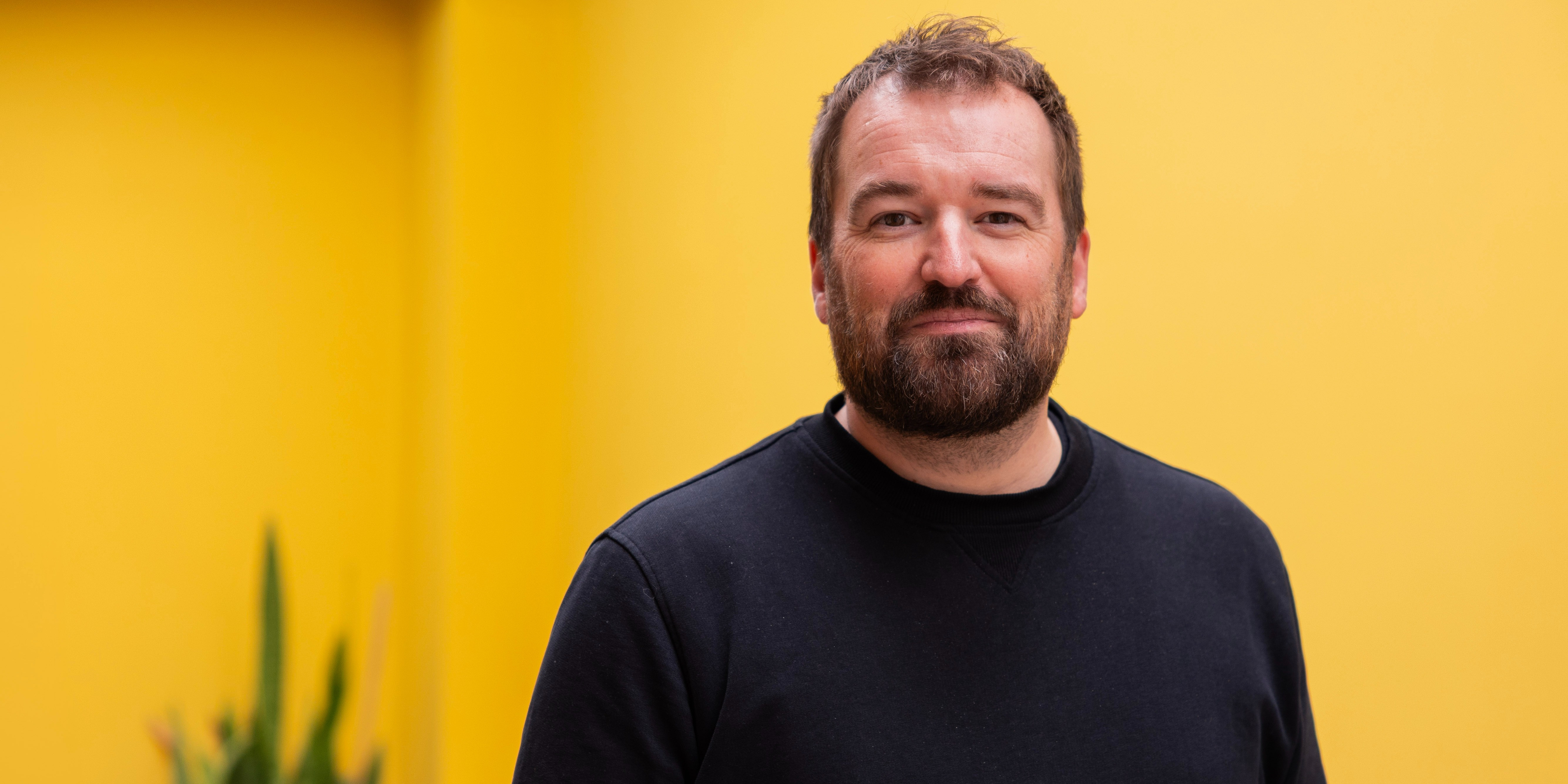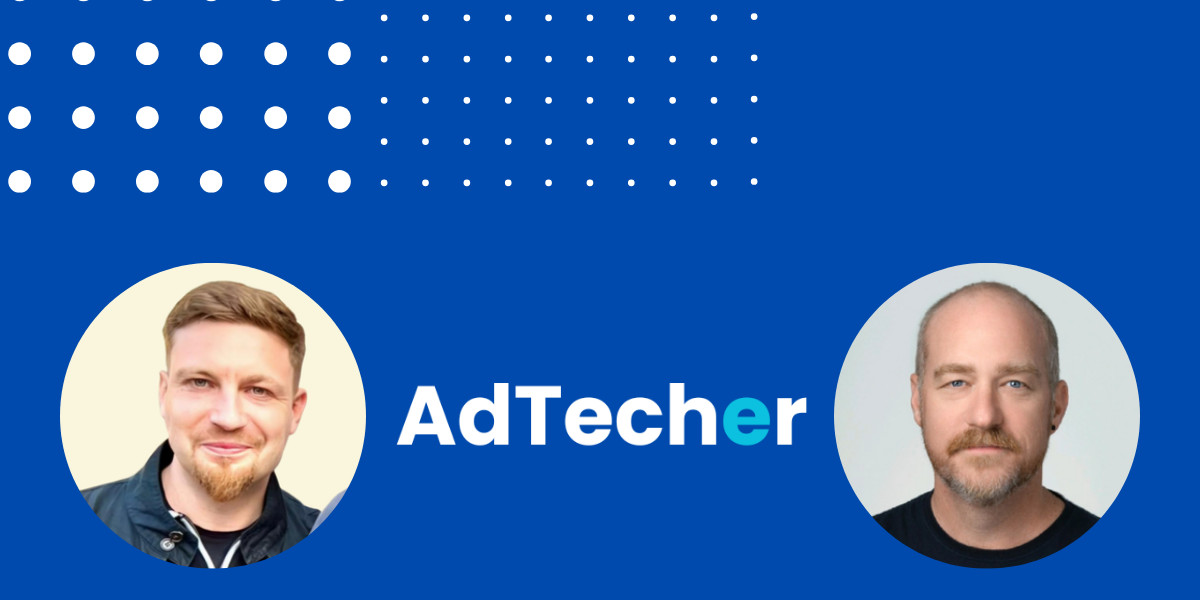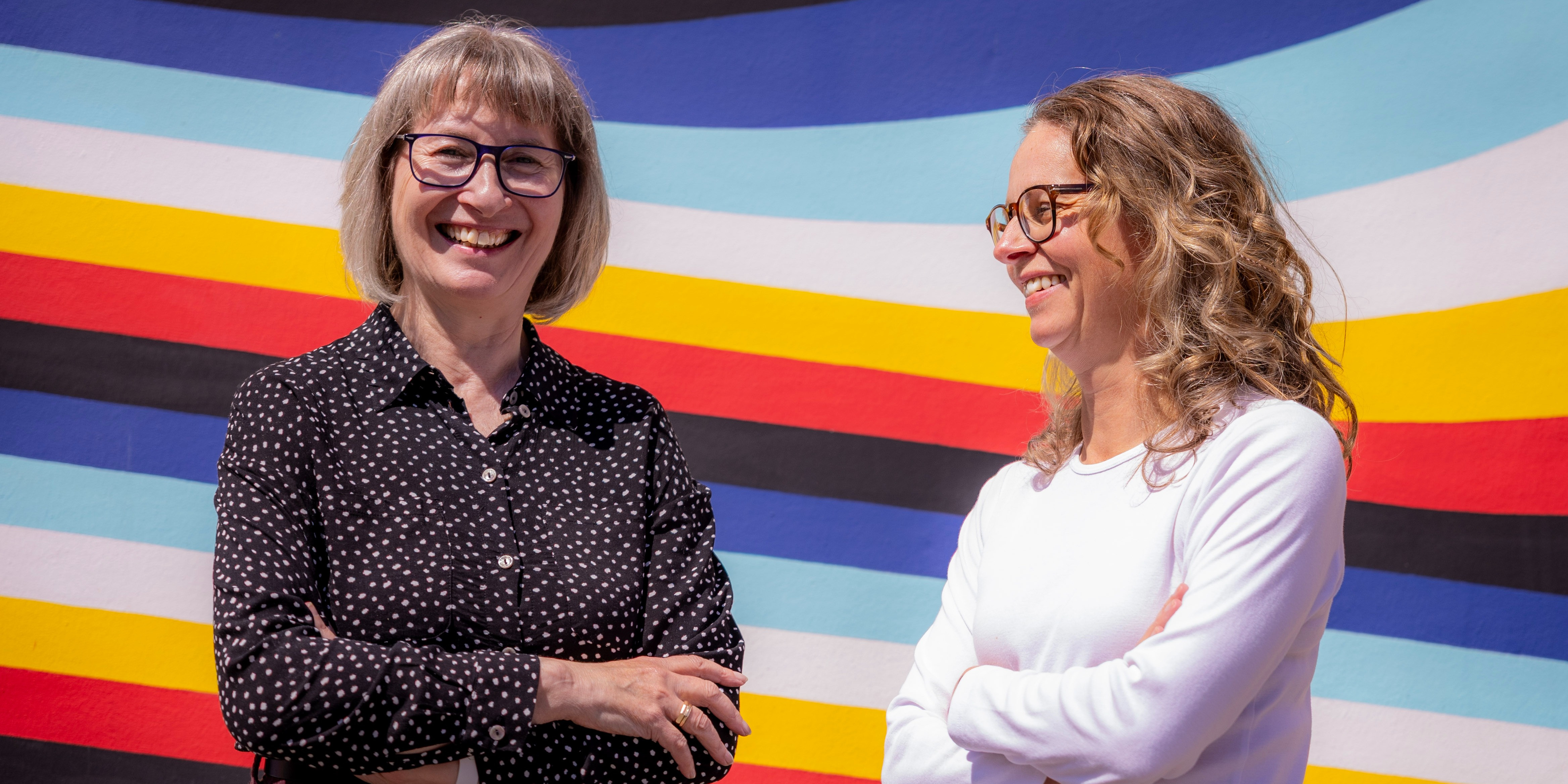Meet our Entrepreneur in Residence: Chris Dalrymple
After relocating from Manchester to Sheffield in 2019, Chris Dalrymple quickly immersed himself into the digital ecosystem. Within months, he kicked off his entrepreneurial journey as a co-founder of Mina - a tech solutions company for the EV market. The rapid success of the startup, which is now part of Allstar, left Chris with masses of experience and insight, which he’s now pouring back into the startup community in a range of mentoring and coaching roles, including right here on the Cooper Project - which we’re thrilled about! Find out more in this Q&A…
What inspired you to launch your first business?
Serendipity! I’d just moved to Sheffield and taken a sabbatical from my previous job. I met Ashley Tate who’d had the idea for Mina for a while but was looking for someone to start the business with. Our skills and experiences seemed to complement each other and I was looking for a new challenge. The opportunity in EV seemed huge so after a few more meetings we decided to give it a go.
Have you always worked in tech, or did your career take a few twists along the way?
I’ve always worked in digital, in fact for long enough that when I started it was called New Media! I started in marketing, then moved into ecommerce and eventually Product. I’ve worked across multiple sectors including retail, travel and automotive but the consistent thread through it all has been how to build digital products that people love, and how to build high performing, motivated teams.
Looking back, what’s one pivotal moment that shaped your path as a founder?
Probably working for Simon Cooper at On the Beach (OTB). Simon started the business and was until recently the CEO. OTB went from a business in a terraced house in Macclesfield to floating on the stock market. I learnt a huge amount from Simon, especially being data driven, and around the importance of storytelling in business.
Are there any mistakes you made early on that you now see as valuable learning experiences?
Lots! Running a startup sometimes feels like a process of making mistakes and learning the lessons as fast as possible. One of the biggest ones which I often share with new founders is focus. It’s tempting when building a business to try and exploit every opportunity out there. We certainly did in the beginning. But a laser-like focus is the best way of getting traction, which in the early days is the most important thing to deliver.
How do you stay motivated through the more challenging periods of startup life?
A complete belief in the team and idea helps. Remembering that even when it's hard, you're doing something meaningful. Plus, having co-founders or a support network that you can be brutally honest with helps massively. No “hustle culture” nonsense – just grit, humour, and pragmatism.
What made you want to become an EiR at Sheffield Technology Parks?
I love working with entrepreneurs and new ideas. It’s also a chance to give back to a city and an ecosystem that’s given me a lot. Sheffield is full of brilliant, ambitious founders doing interesting things – and what Tom, Rose and the team at the Cooper Project are doing is helping them to thrive. It’s a pleasure to be involved.
What kind of support do you hope to offer founders on the Cooper Project?
Mentoring. Help with refining the idea, validating the market, and avoiding the classic traps. I don’t have all the answers but I have learnt a lot of lessons from my own experiences which I think can be valuable.
Are there specific areas – like fundraising, product development, or scaling – where you feel you can add the most value?
Product validation and investment readiness are areas I can definitely support, and I’m really passionate about building and aligning motivated teams, building a strong culture and defining a business operating system.
What advice do you find yourself giving most often to early-stage founders?
Understand your ‘why’ for building the product before you start. Talk to your customers more. Work out exactly what problem it is that you’re trying to solve. And stop building until you’ve validated demand.
What excites you most about Sheffield’s tech/startup ecosystem?
I feel like there has been a real surge in innovative startups over the last 2-3 years, and the support structures for those startups are hitting critical mass. Not only incubators and other support networks but also investment, desk space, networking events and local policy. There is huge potential here.
How important is community and peer support in building a startup?
Really important, especially for solo founders as it can be a very lonely place. My advice to founders is to seek out other founders for support, as well as having a small, experienced team of advisors who have your back.
Are there any founders or startups in Sheffield you’ve recently come across that are doing exciting things?
There are so many. Established scaleups like Fourjaw and Ferrio are doing great things, and there are a number of university spinouts I’ve seen recently that are incredibly exciting. I’m hoping to meet more as an EiR.
Best piece of advice you’ve ever received?
It was a question that has stayed with me since. “What’s the problem you’re trying to solve?”. I use that phrase almost daily.
Favourite book or podcast?
Rand Fishkin’s book Lost and Founder is the book that best captures my experience as a startup founder. I’d recommend it to anyone starting a business.
One tool or app you can’t live without?
Is it boring now to say ChatGPT?!
If you weren’t doing this, what would you be doing?
More of the same I think. Angel investing, coaching with my own business, Trove, mentoring for the Social Mobility Foundation, and I am a Director of Sheffield Social Enterprise Network. Basically I love supporting founders and early stage businesses.
Find out more about Chris and access lots more valuable advice on his website, and connect with him on LinkedIn.


